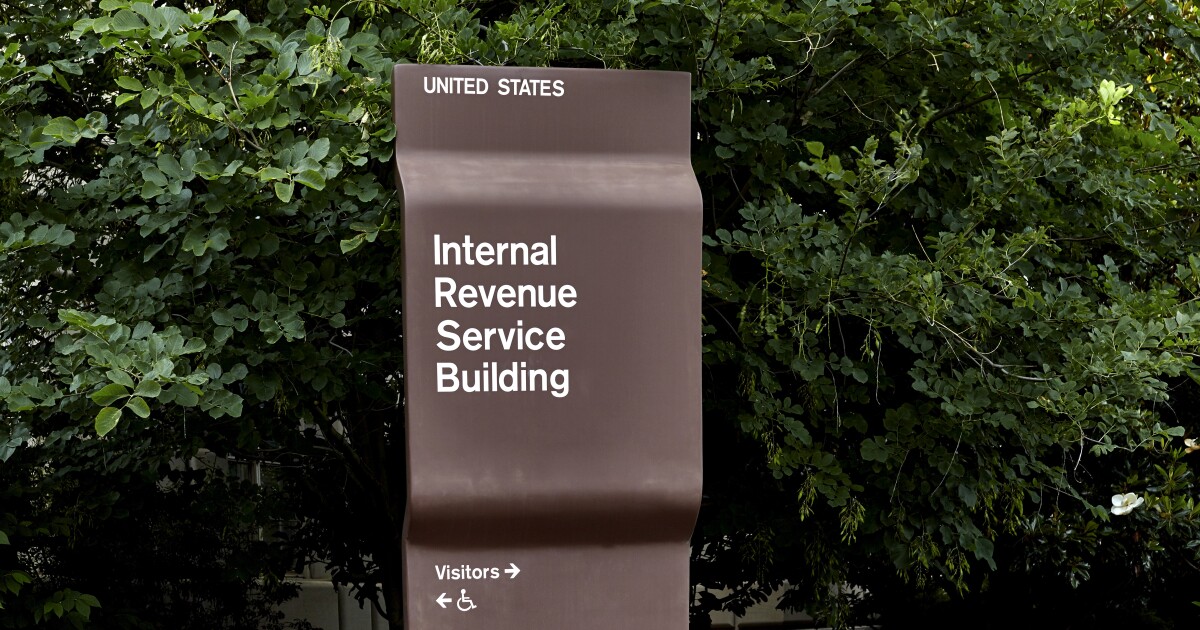While the accounting profession is divided in its preferences for the 2024 presidential election, it is united by a profound distaste for politics in general.
Over three-quarters (76%) of accountants surveyed by Accounting Today in late September said they were “very dissatisfied” with the current political climate, and another 15% were “somewhat dissatisfied.” (See
When asked to explain their dissatisfaction, a small-but-vocal minority blamed it squarely on one side of the political spectrum or the other, with varying levels of intemperate language — describing the party of Vice President Kamala Harris as the “democRATs,” for instance, or calling former President Donald Trump “the Orange Idiot.”
For the majority of accountants, however, that sort of vituperation is precisely the problem.
“The lack of cooperation and working together for all citizens is appalling,” said a manager from a small accounting firm in the Midwest who is a registered Republican. “The nastiness and name-calling is childlike. I expect better from all elected officials. We need solutions and actions, not harsh words about others. Our political leaders need to work together for solutions. Perhaps the problem is we do not have real leaders; we have elected personalities.”
“It’s too adversarial, and never in my lifetime has it been less about what is good for the people,” agreed a Democrat who is the owner of a small firm in the West.
“Politics seems to be about ways to ‘get’ the other guy, not about helping the people of America,” added a staff member, a Republican, from a small firm in the South.
Doug Mills/The New York Times/Bloomberg
A number of respondents expressed serious concern about what they see as deepening divisions between Americans, and the way politicians exploit those.
“This country is so divided,” warned a Republican department head from a midsized firm in the Midwest. “People are making decisions based on emotion, rather than facts and policy. There are blatant lies around every corner and people ignore it or are misinformed. Sadly, people are choosing to break ties with lifelong friends and family rather than seeing the truth: These politicians do not really care about us.”
A registered Independent who owns a small firm in the South agreed: “There is too much division,” he said. “Compromise is not a dirty word.”
The practical results of politics
The unwillingness to compromise is having serious implications for taxpayers.
“There is a lot of animosity which is preventing important legislation from being passed,” warned a senior executive from a midsized firm in the Midwest who is registered as a Republican. “For example, the technical corrections related to research and development credits was not passed because the parties cannot work together on a common goal. A simple bill like this should have been proactively passed with little hesitation; however, the bill was littered with other propaganda that made it impossible to pass.”
All of that matters to tax professionals because there are major issues they are hoping to see resolved after the election — in particular, the impending end of a number of provisions of the 2017 Tax Cuts and Jobs Act.
“The sunsetting of TCJA will greatly impact my small-business owners,” said the owner of a small firm in the Northeast who is a Democrat. “I expect tax liabilities to go up post-election.”
“There’s a four-page list of expiring tax breaks,” noted a staff member from a very small firm in the West who is an Independent. “Congress is doing nothing to help the people, they are only interested in what goes into their pockets, not how to get the economy moving. If all the TCJA [provisions] expire in 2025, I don’t want to be doing taxes anymore. Clients think we are not looking out for them, or we are ‘taxing’ their Social Security, but they don’t understand we are just trying to follow the ever changing laws.”
Some said that the election will inevitably cause problems for accountants — regardless of whether the winners actually resolve any of the issues the profession is concerned about.
“I believe there will be compliance issues related to whomever is elected,” said a department head from a midsized Midwest firm, a Republican. “As anyone in accounting can tell you, the continuous changes to the Tax Code are a huge burden on CPA firms, particularly those that are smaller. Large firms have teams dedicated to navigating changes, so they are able to pivot quickly but smaller, regional firms are in a perpetual game of catch-up, it seems.”
Credit: Source link











